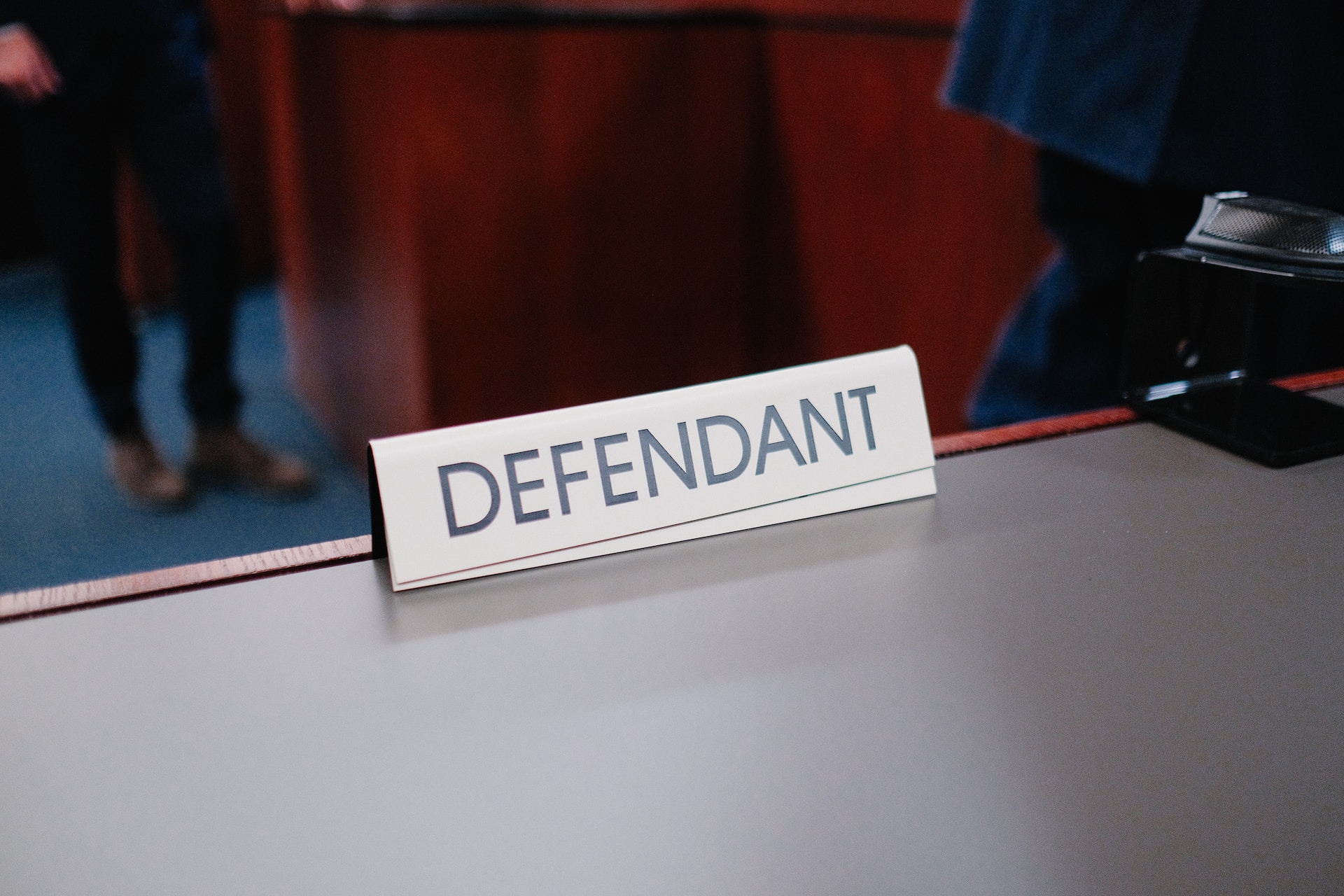Understanding Professional Liability Law:
Professional liability law pertains to the legal responsibilities of licensed professionals towards their clients. When a professional’s negligence results in harm to a client, they may face a malpractice claim. The determination of malpractice involves various factors, including the professional’s standard of care and the unique details of each case.
Key Aspects of Professional Liability Law:
- Malpractice Claims: Clients can pursue legal action against professionals for negligence, holding them accountable for any harm caused.
- Due Care and Competence: Professionals are expected to perform their duties with due care and adequate competence. Failure to do so can lead to malpractice claims.
- Case-by-Case Analysis: Each malpractice claim is unique and requires careful examination of its specific facts and circumstances.
- Consequences: Professionals facing malpractice claims risk financial damages, harm to their reputation, and potential jeopardy to their licenses.
Common Types of Professional Liability Claims:
- Medical Provider Liability: Healthcare providers face malpractice claims for substandard care, which can lead to legal liability, professional sanctions, and possible license loss.
- Lawyer/Law Firm Liability: Lawyers are accountable for providing competent legal guidance. Legal malpractice can lead to claims and disciplinary actions by state bar associations.
- Engineering/Architectural Liability: Engineers and architects are responsible for maintaining standards of practice in their services. Failure to do so may result in malpractice claims.
- Accountant Liability: Accountants may face malpractice claims for errors, omissions, or deviations from Generally Accepted Accounting Principles (GAAP). Consequences include financial liability and professional sanctions.
- Financial Advisor/Broker Firm Liability: These professionals, including brokers and registered investment advisers, must adhere to high standards of care, potentially including fiduciary duties. Negligence can lead to arbitration claims and professional sanctions.

Case-by-Case Evaluation in Professional Liability:
Professional liability is not a one-size-fits-all concept. Each malpractice claim is distinct, necessitating a thorough, case-specific evaluation. The imposition of liability typically follows a finding of malpractice, which includes several key elements:
- Substantial Harm: For a malpractice claim to hold, it must be proven that the client suffered significant harm, whether financial, physical, or otherwise, as a result of the professional’s service.
- Negligence: This occurs when a professional fails to meet the standard duties of their profession, resulting in substandard service. Examples range from a lawyer missing a deadline to an architect overlooking a structural defect.
- Causation: A crucial element is the direct link between the professional’s negligence and the harm suffered by the client. Without this causation, there is no basis for liability.
It’s important to note that not every unsatisfactory outcome equates to malpractice. Liability is established only when negligence directly causes actual harm to the client.
Insurance Complications in Malpractice Claims:
Malpractice insurance is a critical consideration for professionals at risk of liability claims. While some professionals are mandated by law or industry standards to carry liability insurance, others may not have such legal obligations. Nevertheless, given the significant risks associated with professional practices, maintaining adequate insurance coverage is prudent. Parties involved in professional malpractice cases must be prepared to navigate complex insurance matters, which often play a pivotal role in the resolution of these claims.
Professional Liability Claims and Licensing Implications:
Professional liability claims can have severe implications beyond financial damages. Such claims can trigger investigations by licensing and regulatory bodies, potentially leading to professional sanctions. While a single allegation may not result in severe action unless clear wrongdoing is evident, it can still negatively impact a professional’s career. Professionals should approach these claims with utmost seriousness, as they could lead to sanctions, suspension, or even license revocation.

